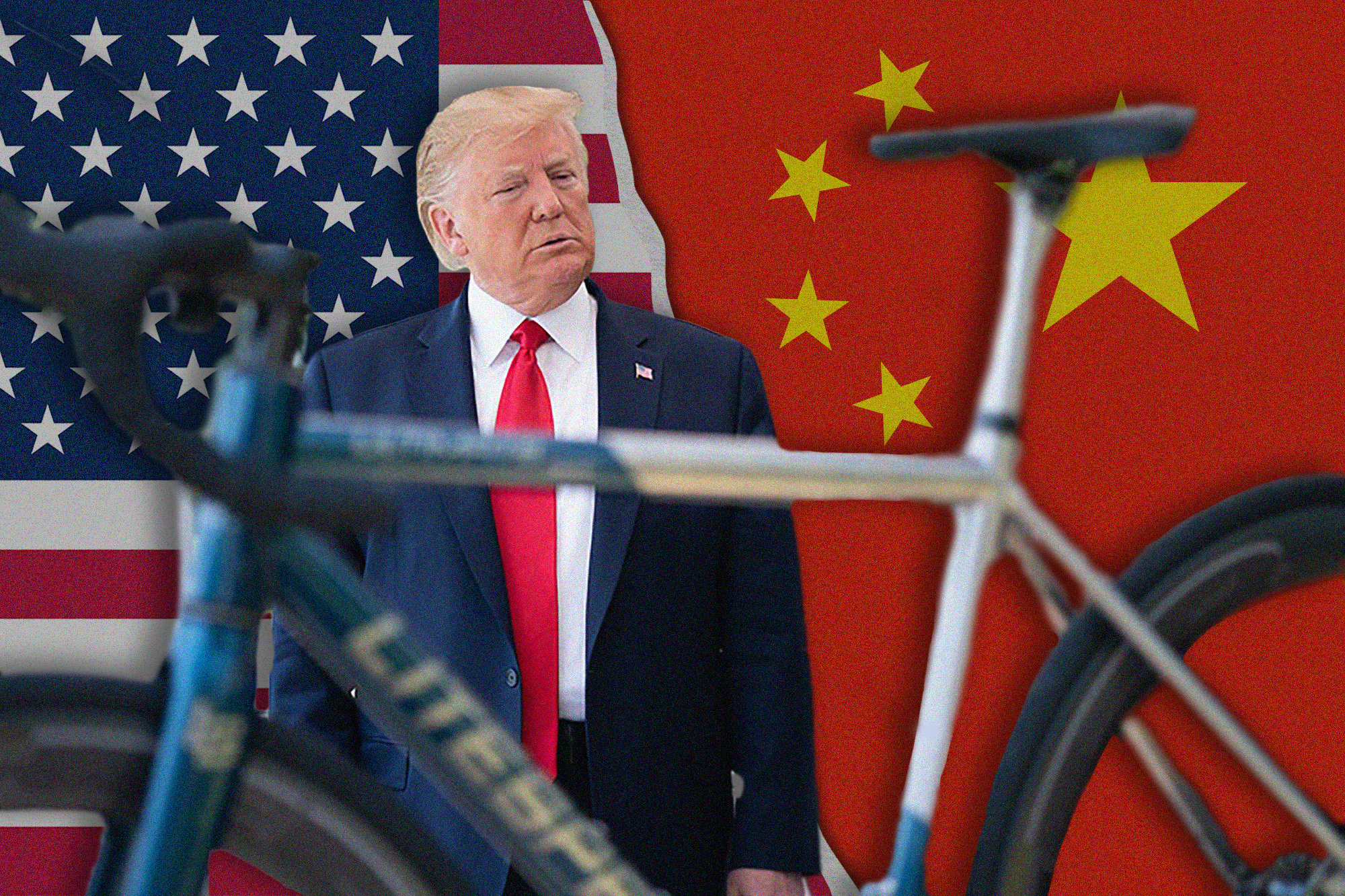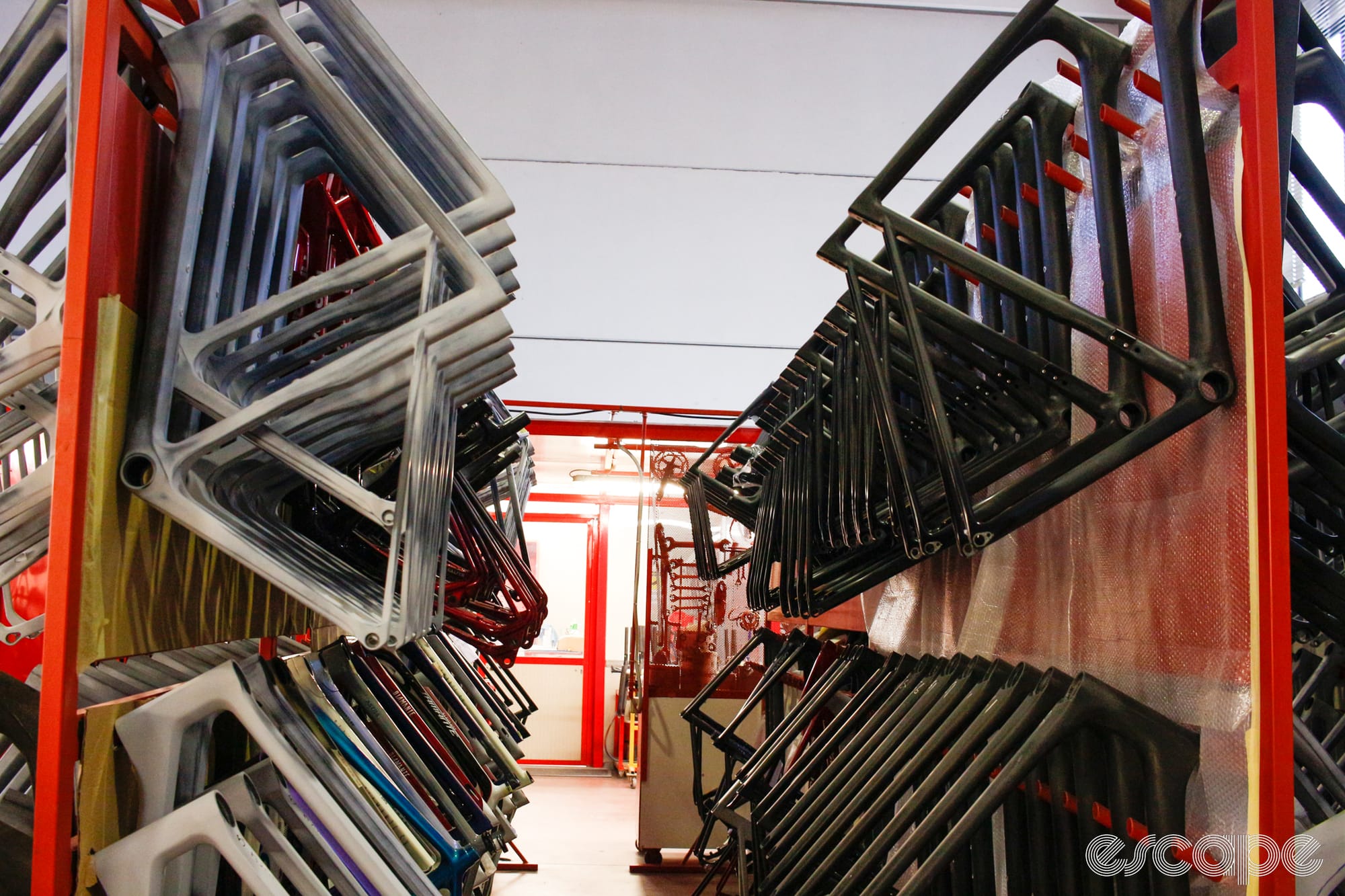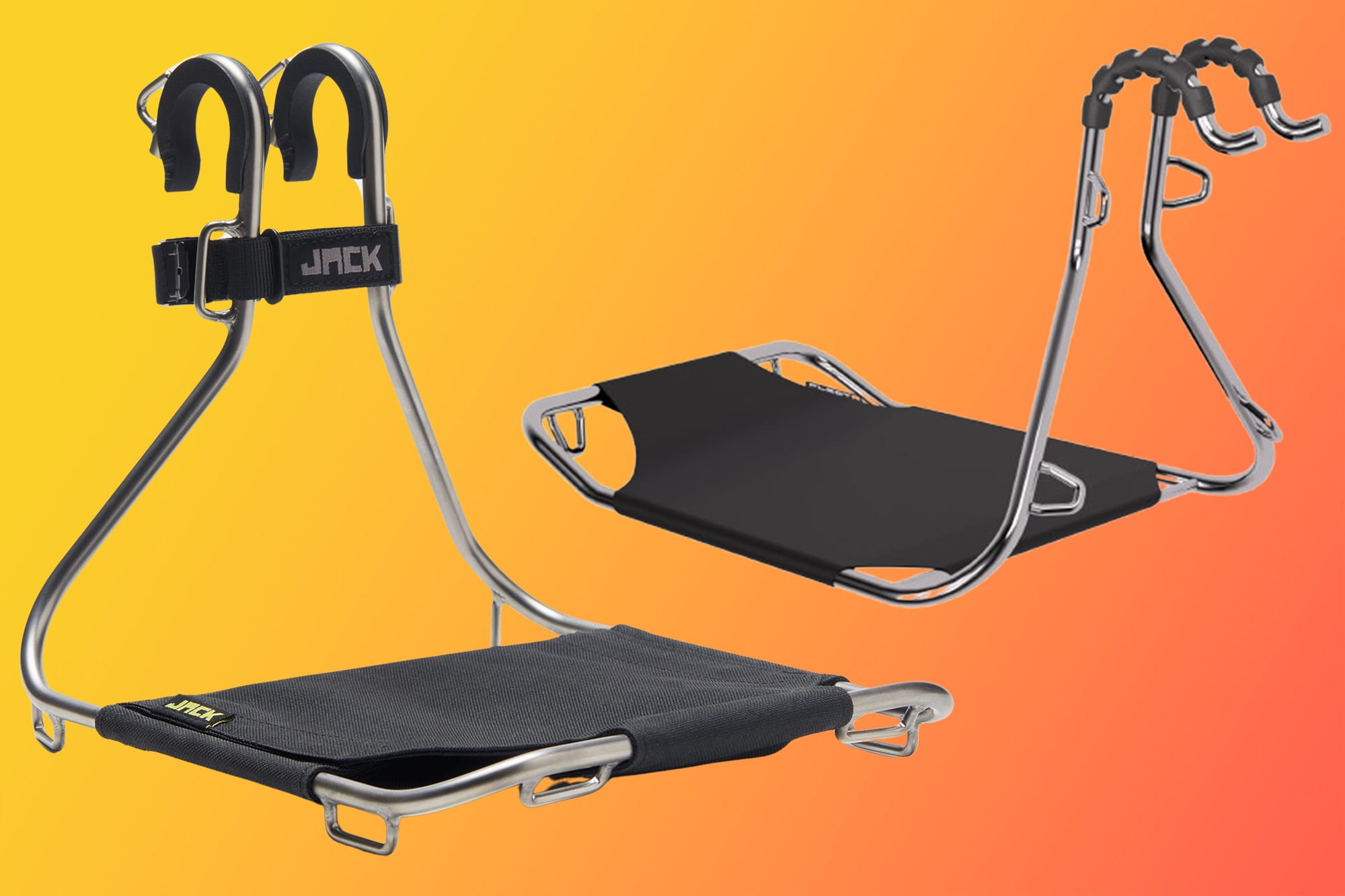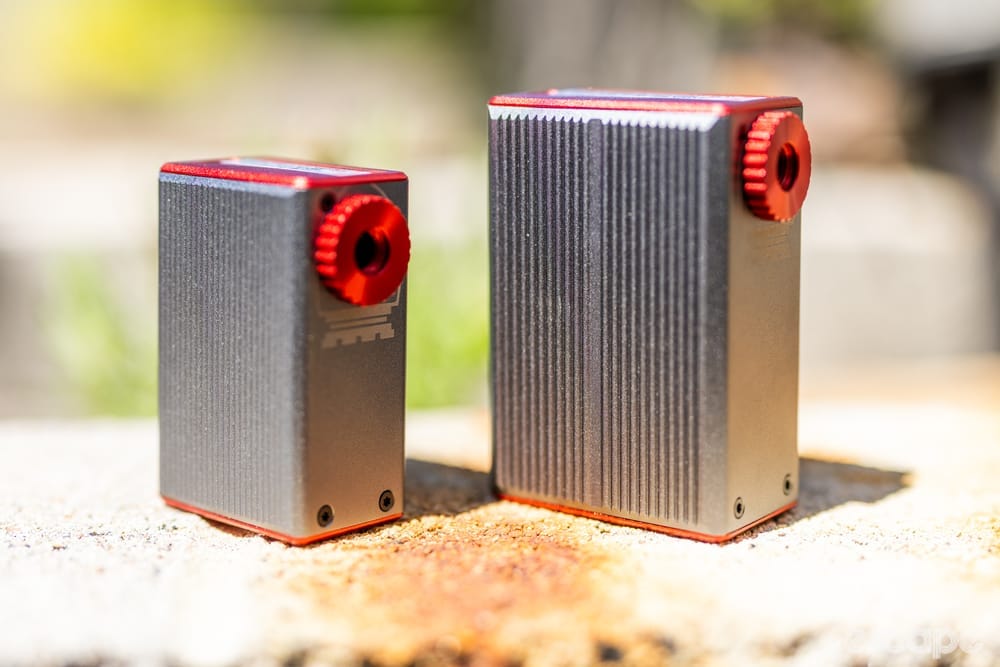For most brands in the bicycle industry, US President Donald Trump’s much-touted "Liberation Day" tariff announcement on Wednesday felt like anything but. In a Rose Garden event, Trump unveiled a sweeping series of new tariffs on almost every major American trading partner and many minor ones. In addition to a near-blanket 10% tariff on imports, many countries crucial to the bike industry saw even higher levies, including 32% on Taiwan – which supplies almost a third of US bike imports by value – and a shocking 46% duty on goods from Vietnam, a key manufacturing hub for brands like Ibis and Tern.
The introduction of tariffs in general has hardly been a surprise. Since the US election result in November 2024, Trump has wasted little time asserting a hardline, even hostile, global trade agenda. Hardly a day has passed without a news flash about the administration’s next move, often couched in rhetoric about fairness and “America First.”
But the exact details of those policies, and their implementation, have been far from clear. Tariffs were instituted and then suspended, or reintroduced but with duties changed, and even leading up to Trump’s widely anticipated April 2 announcement, there was little information about what exactly to expect. As a result, the cycling industry’s mood over the winter could be aptly described as "guardedly cautious." Brands were reassessing supply chains, but no sudden or certain moves were made.

Now, just 24 hours after the latest announcement, all that has ended in shock at the speed and severity of the new tariffs. "I understand that political winds change all the time and policies change all the time – that's just the nature of the world we live in," said Esker Cycles founder Tim Krueger to Escape Collective. Esker, a smaller mountain bike brand, is emblematic of the nature of global supply chains. It’s a US-based company whose steel, aluminium, and titanium frames are manufactured in Taiwan, with final assembly done in Minnesota with parts sourced from suppliers like SRAM, Stan’s No Tubes, and Maxxis, each of which are also facing their own tariff increases.
Did we do a good job with this story?







